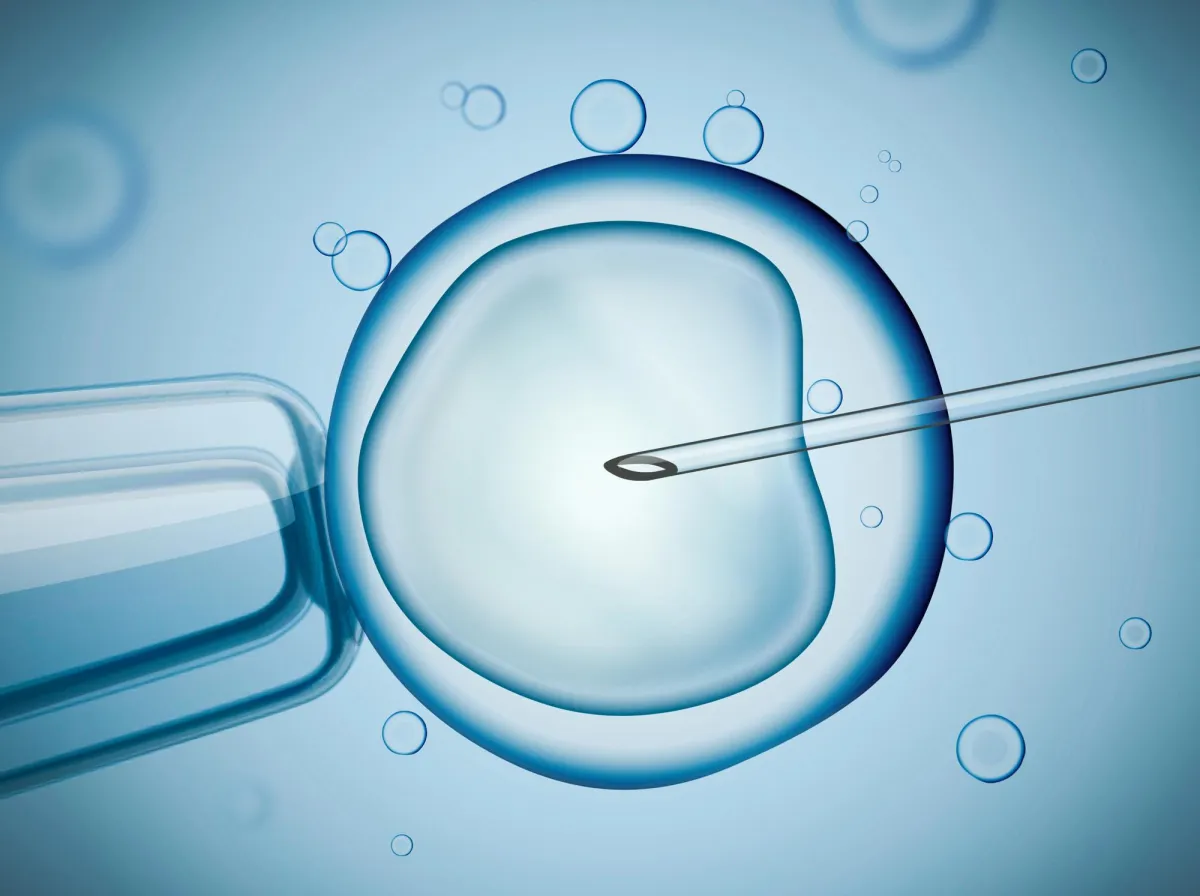
Fertility Preservation: The Ins And Outs
Fertility preservation is for anyone who is not ready to be pregnant – yet – but wants to ensure their best chances for future conceptions. This could be a single person, couple, or person about to transition.
Many single women are considering freezing their eggs. It could be that they just haven’t found the right partner, or they are not looking for a partner, but want to freeze for the future.
When is the right time to freeze your eggs? That answer can be complicated.
Women are born with all the eggs that they will ever have. They actually had more in-utero, but the egg count declines as we age (even at their own birth!). As women age, and after they start ovulating, the egg count declines. And it’s not just the egg count; the quality also declines. This is where the scary statistics come in: the provider pulls out the chart for women over age 35.
Egg quality does decline as women age; that is a known fact. But why is this? Eggs still in the ovary are in an immature stasis, meaning that the egg cell is not mature and cannot be fertilized to make an embryo. The ovary will bring up a group of follicles each month that will be exposed to hormones. The egg only comes out of stasis when exposed to hormones and then will complete the maturation process. Typically, one egg will mature each month, which is what is ovulated. As women age, the maturation process can produce mature eggs, but since the egg has been in stasis for so long, some genetic errors occur which is why many older women have problems conceiving or having miscarriages.
Question: So what is the best practice? Answer: Freeze eggs earlier! Know that if you freeze later, it’s OK but the egg count will be lower and those genetic errors will be higher. The embryologist cannot see which eggs have the genetic errors.
Transiting males may want to freeze eggs in advance of treatment in case they want a biological child in the future.
Many companies are now offering fertility preservation as part of insurance or they offer supplemental patient paid insurance. This would be the best opportunity to take advantage if one is able. The egg freezing process is the same as the first part of IVF: lots of blood work, morning monitoring and expensive medications. There are some parents who are paying for egg freezing for their daughters as graduation gifts. For those without coverage, some clinics offer egg freezing deals if you also become an egg donor. Much more to discuss if you are planning that route.
What about for men? Are there any options? Yes!
Men have a much easier route to fertility preservation. It is not invasive and certainly not as expensive as egg freezing. There is blood work involved and costs for freezing and storage. But wait, if a man can produce sperm into old age, why preserve? Well, some studies are showing that men over the age of 40 have a higher risk of having children with autism. Transitioning women may want a biological child in the future and will not produce sperm after a certain amount of time on hormone treatment.
What about creating embryos? Some couples know they want children in the distant future. Creating embryos when they are younger makes sense. Remember: the uterus does not have an “expiration date” like the ovaries in that the uterus can be used even after menopause. So long as the uterus is exposed to the proper hormones, the endometrial lining will develop and a woman can carry a pregnancy in older age. However, the risk is higher for older women during pregnancy.
Ann Marie Luft has been a Fertility Nurse for more than 10 years, with experience in every aspect of the field. Learn more about how she can help guide you through your reproductive journey.

